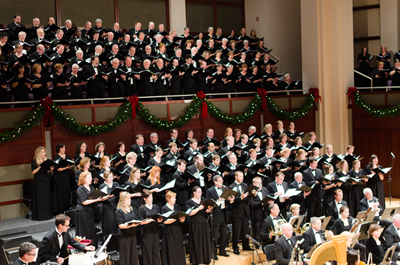Impresario and pianist John O’Brien chose a strong band, the Mannheim Rocket Chamber Players, to join him in marking the beginning of big changes at the Music House. This concert was the last to be held in the existing music room; construction has already begun on renovations that will almost double the size of the music room, add two more bathrooms, and provide a ramp for moving instruments and guests with disabilities. Construction will last about a year; I have high expectations for an inaugural concert series in the new building.
Musicians refer to a swiftly ascending melodic figure as a Mannheim rocket. This musical firework is a characteristic of the Mannheim school of early symphonic writing; there were many of these squibs launched in this program of quintets for winds and piano by Beethoven and Mozart.
The musicians were clarinetist Richard Spece, oboist Sarah Huebsch Schilling, bassoonist Kelsey Schilling, and Bradley Tatum, horn.
Pitt County is still rich in agricultural lands (although I’ve never seen a turnip truck there). Unfortunately, the region seems to bring out a talking head; the talking head began his stand-up patter with the assumption that the audience were all school children and had never seen a clarinet, old or new. “Has anyone here ever attended a concert with historical instruments?” The patronizing continued far too long; this talking head in particular should not quit his day job to go into stand-up comedy or music appreciation lecturing.
The music began with Beethoven’s Quintet in E-flat, Op.16,for piano and winds, composed in 1796. The opening Grave came together nicely after the first phrase, when Spece tuned his instrument. From then on, his (and everyone else’s) intonation was superb. Especially nice were Huebsch Schilling’s and Tatum’s passages together.
The Andante began with a lyrical piano introduction which totally exploited the dynamic range that O’Brien is capable of extracting from the piano. The theme had some very interesting developments when the winds took it up. Huebsch Schilling’s oboe carved its way like a delicate and surgical scalpel through the complex writing.
The Rondo was rollicking, a fitting farewell to the old music room, with Schilling and Spece pairing as well together as had Tatum and Huebsch Schilling in the first movement.
Following wine and canapes in the dining room, the audience, the rudest I’ve ever experienced at the Music House, returned for Mozart’s Quintet for piano and winds in E-flat, K.452, written in 1784. The performers had a hard time getting their musical voice in edgewise, there was so much conversation in the back of the room. When the band tuned, the conversationalists took this as their permission to natter on. When the tuning stopped, the crowd got quieter as well, but the back benchers continued their chat. The players finally began; only well into the first phrase did the talkers realize their time was up.
The opening Largo-Allegro moderato was more of the feast of the beautiful music this ensemble made all evening. Balance, intonation, tempo – everything was perfect.
In the Larghetto, the oboe again shone as a bright star. The Rondo: Allegretto concluded a brilliant evening. This was a beautiful way to start a new chapter of the Music House.











